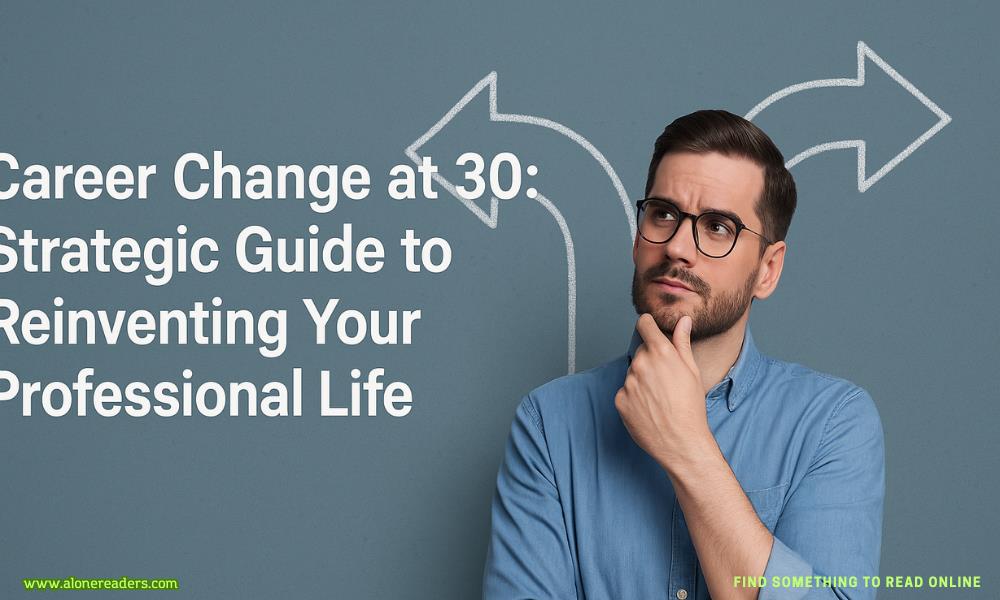Page 13 of Kill Your Darlings
“God, that’s amazing,” Louise said, sitting up in her chair as though she’d been watching a dull movie and something exciting had just happened. “I don’t suppose either of you are interested in astrology, are you?”
“That’s my cue to clean up,” Wendy said, rising.
“Wendy is an astrology atheist, and I’m agnostic. You a believer, Louise?”
“Not really, but I read my horoscope daily.”
Still standing, Wendy said, “Thom and I are living proof that it’s all bullshit. We’re astrology twins and totally different.”
“You can’t be completely different,” Mike said. “You share enough in common that you’ve stayed married for...”
“We’re not completely different, of course,” Thom said, “but like I was saying, I quite like my birthday. It feels like a day that you areallowed to do whatever you want. You know, without guilt. It’s all about you. If you want that third martini, then who’s going to say anything about it?”
Wendy, having sat back down again, watched Thom talk about birthdays. It was funny how he always said the same things in the same way. She was reminded of her mother, who had finally died the previous year after suffering from five years of escalating dementia. Toward the end she could only ever really talk about things from the past, either her childhood or her own children’s childhoods, and when she talked about these memories, she’d recount them using the exact same phrases with the exact same intonations. Wendy’s brother, Alan, always sentimental, found these conversations comforting, as though proof that humans are made up of memories, while Wendy was secretly alarmed, her mother’s deterioration convincing her that humans were nothing more than robotic machines, devoid of free will. She’d found it hard to spend time with her mother over the last two years, so it was a good thing that Alan lived so close. Wendy had done her part by paying for the twenty-four-hour care that Rose needed in order to stay at home and with her dogs.
“The other thing is,” Thom continued, “Wendy is absolutely overjoyed, because it means one less party per year, aren’t you, Wen?”
“I do like parties, actually. I’m just not fond of parties that come with a reason.”
“Don’t all parties have reasons?” Mike said. He was either older than his wife, Louise, or else just aging faster. He was slumped on the sofa in a way that looked like he might need help getting off of it, and he had crumbs in his lap from the plate of cookies that they’d brought from the dining table to the living room.
“Well, the usual reason is to eat and drink and socialize. The parties I dislike are birthdays and anniversaries and going-away parties. That kind of thing.”
“What about Valentine’s Day?” Louise said.
“Well,” Thom said, pouring more wine for himself, “since our birthdays are February thirteenth, Valentine’s Day just gets thrown into the mix, and as one of the only men who actually likes that holiday, I lose again.”
“Now Iamgoing to start cleaning up,” Wendy said.
After the Hollys had left, Thom came into the kitchen to offer help just as Wendy had almost finished loading the dishwasher. “You have fun?” he said.
“They’re nice,” she said.
“But dull.”
“A bit dull.”
In bed Wendy was starting the new Jane Austen biography she’d been gifted at Christmas when Thom, undressing, said, “You do know that it’s not the only thing we have in common?”
“What is?”
“Our birthdays.”
“I know. We have lots in common.”
“Do we?” Thom sounded genuinely surprised. Wendy laughed.
“Our lovely son,” she said.
“Having a child together doesn’t mean that we have something in common.”
“If you want to be pedantic about it, I suppose not. But I was thinking that we both love him. That’s something we have in common.”
Thom, wearing only a T-shirt and socks, was thinking. Wendy was about to return to her book when he said, “We love him differently, though.”
“Do we? How so?”
“I think that you love him in a healthy way. You want him to do well in life and succeed and fly the coop and all that.”
- The Prince's Secret Twins by Elizabeth Lennox
- Tangled Desires by Tory Baker
- At the Edge of Surrender by A.L. Jackson
- A Touch of Fate by Cora Reilly
- Untouchable Love by Lucy Darling
- After Hours by Caitlin Crews
- Shelter from the Storm by Mari Carr
- Someone Knows by Vi Keeland
- Hawk by Fiona Davenport
- The Silencer by Brooke Summers
- The Beat of her Heart by Emily Hayes
- The Neighbor's Son by K. Webster
- Vasily the Hammer by C.B. Alice
- Convenient Vows by D.C. Beks
- Wrapped in Silver by Sara Vice
- Ruined By Capture by Sherry Blake







